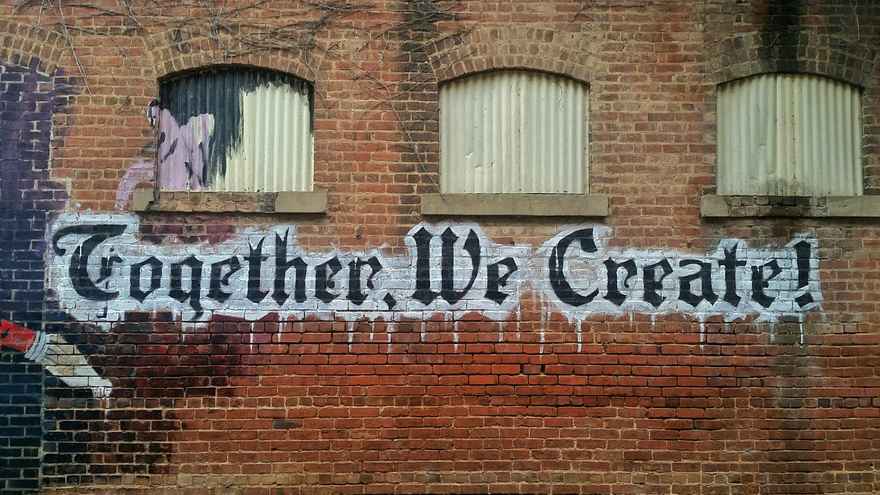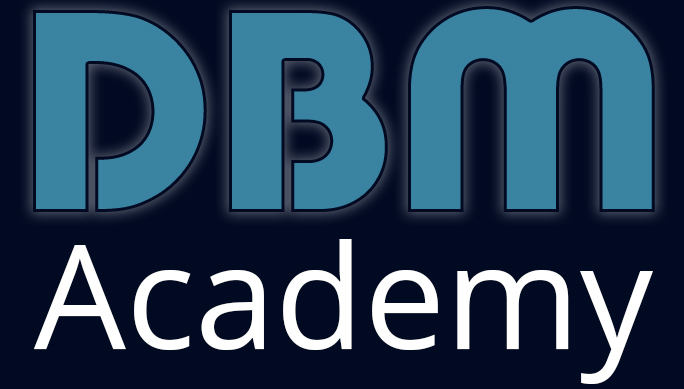DAOs - What You Need To Know

Imagine being able to collaborate with a community of individuals who share your vision and pool your resources to achieve common objectives. The great news is that through DAOs, the mechanics of achieving this are becoming more flexible, adaptable, and available to a wider range of people.
The interconnectedness of collaboration and creativity is undeniable, and DAOs offer a new realm of opportunities for artistic endeavours, collaborative investment ventures, and numerous other possibilities. In light of this, we aim to provide some useful insights on the functioning of DAOs, the prerequisites for initiating one, and the potential they offer for cultivating a more cooperative future.
What exactly is a DAO?
A Decentralized Autonomous Organization, or DAO for short, is a group of individuals who share a common objective and use blockchain technology to make decisions in a transparent and efficient manner. It can be likened to a cooperative association that is governed by hard-coded bylaws on the blockchain. The potential applications of a DAO are limitless, much like NFTs, as they offer a versatile technology that can be utilized in various scenarios. A DAO can be as basic as a group of friends pooling resources to finance a road trip, or as complex as a prominent non-profit organization with numerous board members, hundreds of contributors, and millions of dollars at stake.
Think of it as building collaborative networks….
How does A DAO work?
DAOs facilitate the union of organizations, collectives, and granters on the internet, regardless of whether or not the individuals involved have ever met. They have gained popularity as a means of managing various processes, assets, and projects, offering a highly transparent and efficient method of organizing and collaborating online. DAOs operate autonomously like software, without relying on a human leader to drive actions. For instance, the handling of funds received by a DAO is specified in the smart contract and managed automatically. They are also self-governing, allowing all members to exercise independent agency by proposing and voting on group decisions. This makes them an excellent tool for transparent and efficient collective organization.
Key benefits of participating in a DAO.
DAOs are a crypto-native way to coordinate a group of individuals in the pursuit of a shared goal or vision. It operates similar to a cooperative business model where each contributor invests their time and resources, and has a vested interest in the organization's future success. However, DAOs are more effective than conventional business models as their decision-making is automated and completely transparent. This results in a reduction of power abuse and an increase in opportunities for collaboration, innovation, and experimentation.
Transparency, efficiency, autonomy and anonymity make using as DAO a very effective organisational structure.
Legal considerations around DAOs.
At present, DAOs reside in an uncertain legal territory, owing to the lack of regulations that match the advancements in technology. Compared to legally recognized cooperatives, businesses, or funds, setting up a DAO is relatively uncomplicated because they are not acknowledged as legal entities. This grants them greater flexibility and expediency in their establishment, but it also implies that they operate without regulation and oversight.
Nonetheless, the situation is rapidly changing. A significant breakthrough for DAOs occurred in Wyoming, where they can now be recognized as limited liability companies (LLCs). This development could pave the way for other states to follow suit, resulting in a widespread adoption of DAOs by various businesses and organizations.
What’s the process for creating a DAO?
Similar to the process of minting NFTs, creating a DAO requires a certain level of technical proficiency. However, it is plausible that the community will soon have access to a suite of user-friendly tools that make the process of forming a DAO simple and intuitive. By increasing experimentation and comprehension of DAO operations today, we move closer towards the emergence of a diverse range of innovative applications.
To establish your own DAO, you must first have a wallet in place and a network of like-minded peers to support your idea. Together, you can brainstorm collective objectives and establish a set of rules that align with your vision. Once you have a decision-making framework in place, you can encode it into a smart contract (this is where the technical aspect comes into play).
If you want to add an extra layer of sophistication, you can create a unique token, establish liquidity, and fund your treasury. The DAO's token will be specific to your group and can be used to manage the DAO's ecosystem. For instance, new members can acquire and invest tokens in the treasury, thereby obtaining voting rights and a degree of influence over the group's future endeavours.
As the DAO grows, additional members can join and participate in collective decision-making. It is important to remember that a DAO is owned by everyone who is part of it, so once established, it no longer belongs to any individual; it belongs to the collective.
Shaping the future of the internet with DAOs.
DAOs redefine the conventional structure of a centralized business or organization by empowering the community that created it to take ownership and make decisions. In contrast to centralized business models, a DAO's decision-making is based on the community's preferences and needs, ultimately benefiting the group as a whole. To illustrate, consider how the tech giants of Web 2.0, such as Facebook or Twitter, would operate if they functioned as DAOs. The emergence of DAOs is paving the way for new models of community ownership and governance that promote a more democratic, participatory, and community-centered internet in the future.
What’s next?
The use of DAOs is rapidly gaining momentum and finding new applications on a daily basis. The increasing prevalence of NFTs on the internet has stimulated interest in DAOs, and in the future, we can expect to witness many individuals exploring ways to merge resources and invest in this area.
Moreover, we can anticipate an upsurge in the number of organizations, including non-profits, startups, and others, that will adopt the DAO model. Additionally, we can also expect to see more self-directed groups utilizing DAOs to govern innovative solutions for creating value and transforming the way we perceive ownership. This is merely the beginning of a larger movement towards inclusion, ownership and empowerment.
